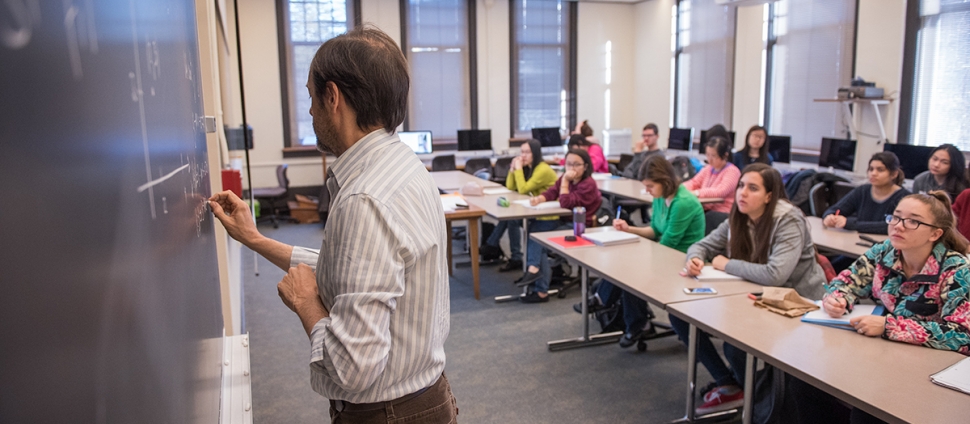Document Type
Article
Publication Date
2018
Publication Title
Network Science
Abstract
Assuming a society of conditional cooperators (or moody conditional cooperators), this computational study proposes a new perspective on the structural advantage of social network clustering. Previous work focused on how clustered structure might encourage initial outbreaks of cooperation or defend against invasion by a few defectors. Instead, we explore the ability of a societal structure to retain cooperative norms in the face of widespread disturbances. Such disturbances may abstractly describe hardships like famine and economic recession, or the random spatial placement of a substantial numbers of pure defectors (or round-1 defectors) among a spatially-structured population of players in a laboratory game, etc.
As links in tightly-clustered societies are reallocated to distant contacts, we observe that a society becomes increasingly susceptible to catastrophic cascades of defection: mutually-beneficial cooperative norms can be destroyed completely by modest shocks of defection. In contrast, networks with higher clustering coefficients can withstand larger shocks of defection before being forced to catastrophically-low levels of cooperation. We observe a remarkably-linear protective effect of clustering coefficient that becomes active above a critical level of clustering. Notably, both the critical level and the slope of this dependence is higher for decision-rule parameterizations that correspond to higher costs of cooperation. Our modeling framework provides a simple way to reinterpret the counter-intuitive and widely-cited human experiments of Suri and Watts (2011) while also affirming the classical intuition that network clustering and higher levels of cooperation should be positively associated.
Keywords
cooperation, clustering, threshold models, social influence, contagion, repeated game-play
Creative Commons License

This work is licensed under a Creative Commons Attribution 4.0 International License.
Rights
Licensed to Smith College and distributed CC-BY under the Smith College Faculty Open Access Policy.
Recommended Citation
Spencer, Gwen, "Clustered Networks Protect Cooperation Against Catastrophic Collapse" (2018). Mathematics Sciences: Faculty Publications, Smith College, Northampton, MA.
https://scholarworks.smith.edu/mth_facpubs/38



Comments
Peer reviewed accepted manuscript.